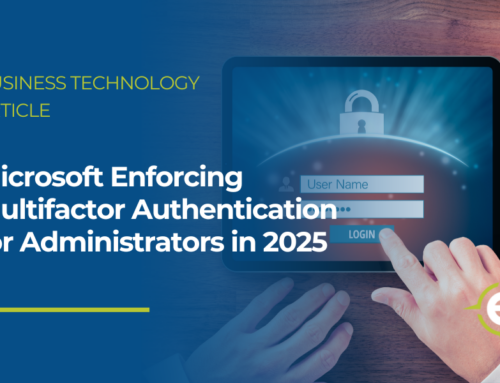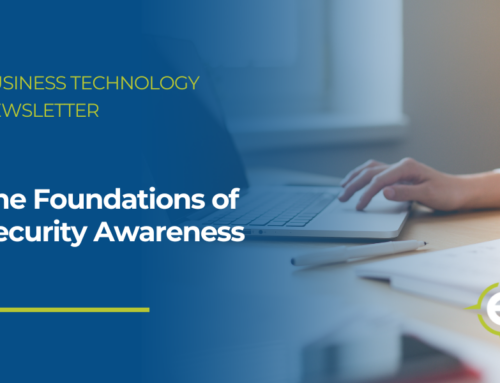People Are Vital To Security
People, not technology, are the backbone of any security infrastructure.
An organization’s security is only as strong as its weakest link. That’s why it’s vital to focus on the most important link in the security chain: people. The idea of human firewalls stems from the most critical aspect of security: people. By fostering a mindset that prioritizes security in daily activities, human firewalls protect real people, not just data or devices. Here are five key concepts that can be used by anyone regardless of job or position:
1. Identify Threats
Many attackers use deception and manipulation to scam people out of money or information. Human firewalls know how to recognize the subtleties of these scams by staying alert for warning signs and thinking before clicking or responding.
2. Maintain Physical Security
Security isn’t only a concern in cyberspace. Human firewalls understand that physical security is just as important. It includes simple actions such as locking workstations and properly storing physical copies of confidential information.
3. Report Incidents
When a suspected security incident occurs, human firewalls serve as the first responders by reporting the incident immediately. Timely reporting empowers organizations to investigate what happened and mitigate potential damages.
4. Use Common Sense
Protecting people (and data) doesn’t require a strong technical focus. Instead, it involves a commitment to common sense habits such as using strong passwords for every account and never sharing login credentials or badges.
5. Follow Policy
Policies exist to protect people, data, and systems. Always following those policies is perhaps the simplest way to maintain security and privacy and is one of the top responsibilities shared by every member of an organization.
Human firewalls remain dedicated to that concept by embracing their role as the last line of defense.








